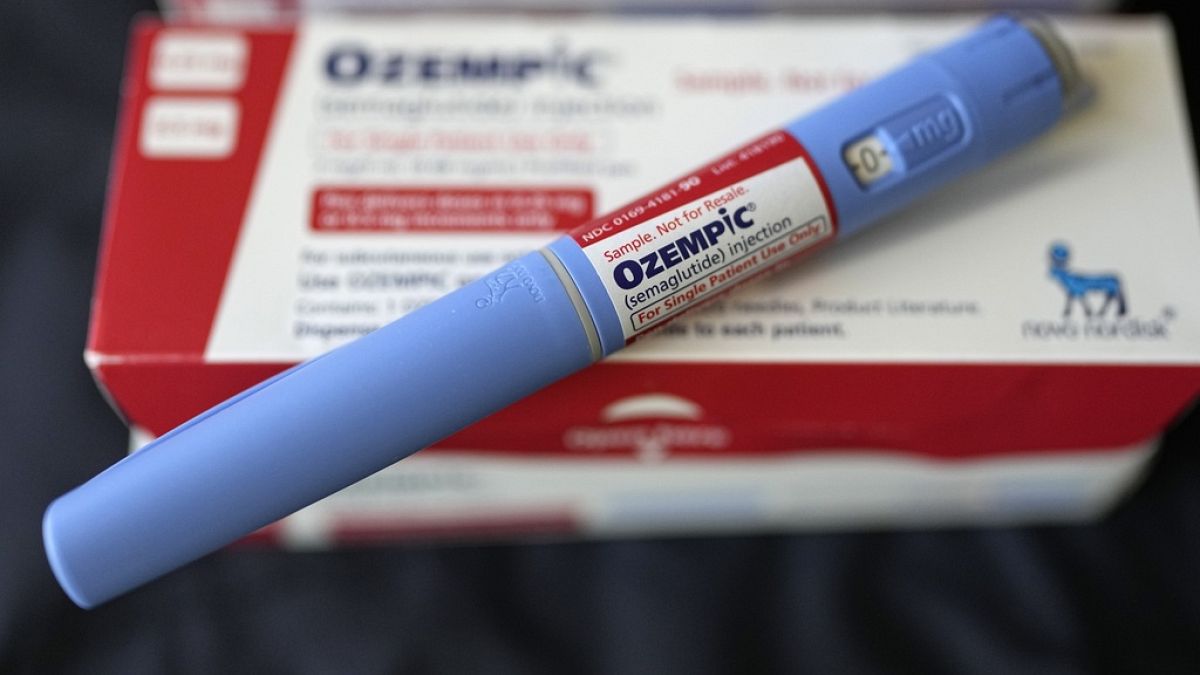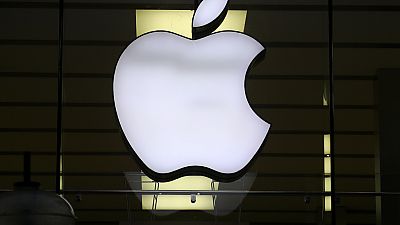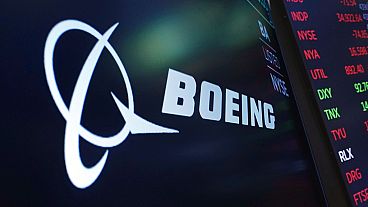Danish pharmaceutical titan Novo Nordisk, the maker of Ozempic and Wegovy, announces a significant year-over-year increase in net profit and sales for the first quarter of 2024.
The company reported a net profit of DKK 25.41 billion (€3.404 billion), up from DKK 19.81 billion (€2.654 billion) in the same period last year and surpassing the DKK 23.09 billion (€3.093 billion) anticipated by analysts.
Earnings per share (EPS) also rose to DKK 5.68 (€0.76) from DKK 4.39 (€0.589) a year prior, indicating a robust 8.75% surprise over market expectations.
Sales for the quarter reached DKK 65.35 billion (€8.747 billion), a 22% increase from DKK 53.37 billion (€7.135 billion) a year ago, outperforming the DKK 63.43 billion (€8.490 billion) forecast by analysts.
Weight-loss drugs drive Novo Nordisk's growth
This growth was primarily fuelled by strong sales of its diabetes drug Ozempic and obesity treatment Wegovy, which together contributed significantly to the overall revenue.
The obesity care portfolio, particularly with Wegovy, saw a sales increase of 106% compared to the same quarter of 2023. Meanwhile, the diabetes care segment also grew solidly by 22% year-over-year.
From the last quarter of 2023, however, sales in diabetes and obesity care products flattened.
Sales in North America, especially the United States, showed substantial growth (34% and 35%, respectively), indicating strong market penetration and acceptance of Novo Nordisk’s products in these regions.
Looking forward to 2024, Novo Nordisk has upgraded its financial outlook. The company now expects a sales growth between 19% and 27% and an operating profit growth of 22%-30% at constant exchange rates (CER), reflecting a more optimistic projection compared to its previous forecast.
Lars Fruergaard Jørgensen, President and CEO of Novo Nordisk, expressed satisfaction with the quarterly performance, attributing it to increased demand for the company's GLP-1-based treatments for diabetes and obesity.
"More patients benefit from our innovative treatments, and the agreement to acquire three Catalent manufacturing sites will enable us to serve significantly more people living with these conditions in the future," Jørgensen stated.
Weight loss drugs present good outcomes for other trials
The company also highlighted recent advancements in its research and development sector, particularly the positive outcomes from a kidney trial involving semaglutide and the US label expansion for cardiovascular risk reduction for Wegovy.
Novo Nordisk is now seeking to expand its production capacity to meet up the increasing demand for weight-loss drug products. The company announced in February 2024 an agreement to acquire three fill-finish sites from Novo Holdings A/S, following Novo Holdings A/S's acquisition of Catalent, Inc. This acquisition is expected to be completed by the end of 2024 and is expected to be a significant boost for the company's manufacturing capabilities.
With its strong Q1 performance and enhanced guidance for the full year, Novo Nordisk continues to demonstrate its leading position in the pharmaceutical industry, particularly in the increasingly competitive and high-demand sectors of diabetes and obesity management.
Yet, despite the company's strong showing, market response saw Novo Nordisk shares dip by 2.5% during Thursday morning trading. Analysts at Jefferies flagged the moderate increase in sales and earnings guidance for 2024, suggesting a potential consensus upgrade of between 1% and 2% at most.
Despite this initial setback, the Danish pharmaceutical giant maintains its position as Europe's largest company, boasting a market cap of €534 billion, which places it ahead of Bernard Arnault's LVMH Moét Hennessy by about €150 billion.



